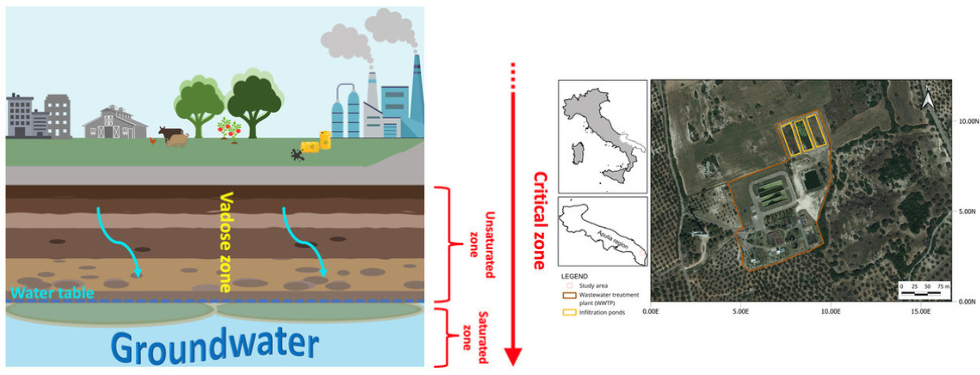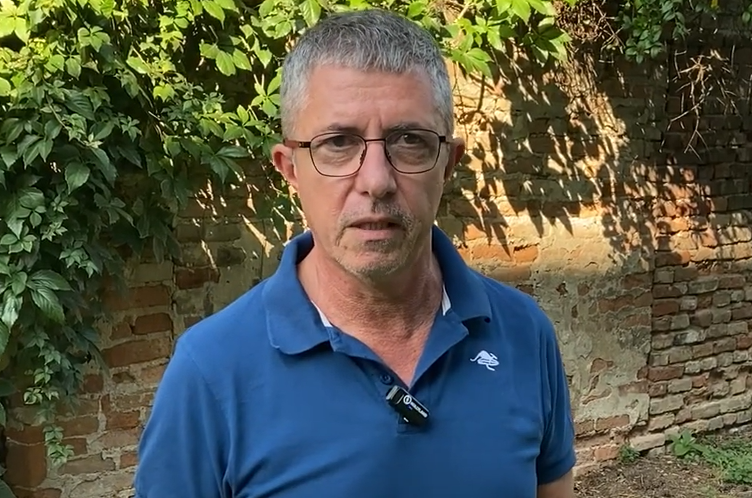Predictive Dynamics of Microbiological Contamination of Groundwater in the Earth Critical Zone and Impact on Human Health


Title: Predictive Dynamics of Microbiological Contamination of Groundwater in the Earth Critical Zone and Impact on Human Health (DY.MI.CR.ON)
Scientific Person in Charge: Giorgio Cassiani | Programme: PRIN 2022 DM 104/2022

Groundwater is one of the main sources of water supply used to satisfy drinking needs, both human and agricultural and livestock. This resource becomes essential in areas where surface water resources are limited or insufficient to meet all needs. While on the one hand there is a increasing demand for water, on the other the climate change is causing a serious impact on human health (epidemics caused by contaminated water, scarcity of water for plants and livestock) and on agriculture (drastic reduction of crops of at least 50% by 2050, impact on aromas, price and quality of production, with consequent malnutrition) (Climate-resilient WSP - WHO, 2017). Particular geological characteristics can influence the nature of the aquifer as in the case of an unsaturated area, consisting of karst and / or fissured rocks or highly permeable layers that activate preferential flows, increasing the risk of groundwater contamination. In this context, a better understanding of the transport and fate processes of microorganisms through the unsaturated zone is essential to safeguard groundwater and prevent aquifers contamination. Among other issues, the irrigation of horticultural crops with poor quality water (e.g. contaminated groundwater or low quality wastewater destined for reuse) could represent a health problem due to the presence of pathogenic microorganisms, especially in the case of consumption of raw or undercooked foods. The aim of this study is to improve knowledge on groundwater contamination through a new and unusual interdisciplinary approach, based on the integration of close microbiological, geological and agronomic skills. To study the transport of microorganisms in unsaturated porous media, in particular rocks, new experimental techniques will be applied, developed at different scales (from the laboratory scale to the basin scale through the field scale) and in different environmental conditions. In particular, the project will provide methodological tools which, applied in different fields, will help to evaluate anthropic pressures and their impacts on environmental matrices, in particular on plants, soils, rocks, aquifers and groundwater. The social and economic impact, consequently, will be to modulate anthropic activities taking into account the geological and hydraulic characteristics of the territory, in order to minimize the impacts of microbiological contamination on the environment and on agri-food activities and, consequently, the risk for human health.





